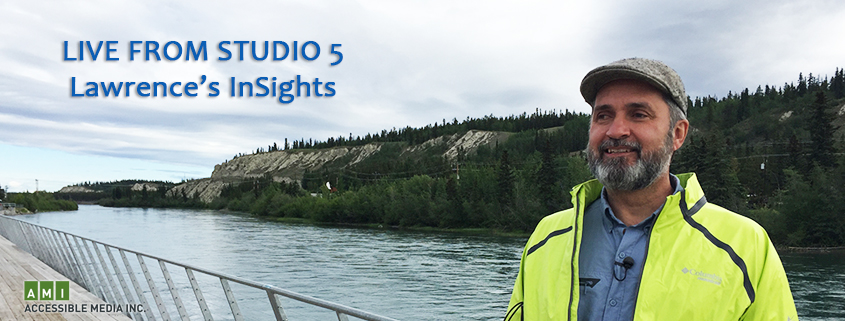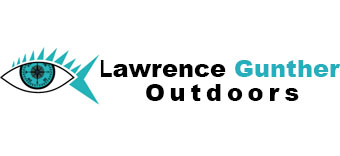
Farming and Harvesting the Ocean
Our dependence for food and life on the ocean that covers 70 per cent of the world’s surface is only now being fully understood and appreciated.
(Transcript of Lawrence Gunther’s bi-weekly 12-minute segment on Live from Studio 5 broadcast over AMI TV and Audio across Canada)
Q. Welcome back Lawrence, Do we know how far back in time our dependence on oceans first started?
A. Whether for transportation or food, people have turned to the oceans for food and adventure as far back as the earliest known records. The Christian bible is filled with references to fishing and the consumption of fish, and these fishers of the Sea of Galilee learned their boat building skills from the people who inhabited the Mediterranean. Dog breeds like the Labrador and Newfoundlander evolved specifically to assist fishers on Canada’s east coast to retrieve and help pull ropes that led to nets set from shore.
Q. Other than fish, what else did we harvest from the oceans?
A. About one-thousand years ago Europeans and Nordic people hunted Walrus for their tusks. Walrus populations along Norway’s coast and Iceland were almost wiped out. Their tusks represented one of the most valuable trade items in the region, and were used for barter prior to being replaced by gold and silver. Later, as so vividly described in the book Moby Dick, Europeans turned to harvesting wales for their oil and Baleen, Over 100 barrels of oil could be rendered from one wale, and just like we see first-hand the financial incentive to catch Blue Fin Tuna on the TV show Wicked Tuna, a single waling vessel could earn as much as $400,000 after a two-year voyage, and that was more than 100-years ago. With the discovery of oil in the early 1900’s and the near extinction of many wale species, the wales finally caught a break.
Q. We still harvest wild fish stocks, how’s that going?
A. Well, not so great in most places. Canada, the U.S. and Europe are starting to rebuild their fish stocks by applying science-based management practices, but for the rest of the world, fish stocks are either fully exploited now or are in danger of collapse. Pressure to introduce traceability aboard fishing vessels and to stop the discard of bi-catch are helping to get things under control, but we still have way to many ocean-going fishing vessels out there chasing ever fewer fish.
Q. Is fish farming the answer?
A. Raising fish in nets anchored along coastlines was first believed to be a simple way to make a lot of profit. What we are learning is the cost associated with this sort of fish pen rearing activity is significant in terms of managing disease, pests, fish kills, and damage to the environment. Some now believe that even though the up-front costs are higher, growing fish in closed containment type operations on land is the future. Closed Containment allows for water and fish health to be closely controlled and kept separate from the environment.


